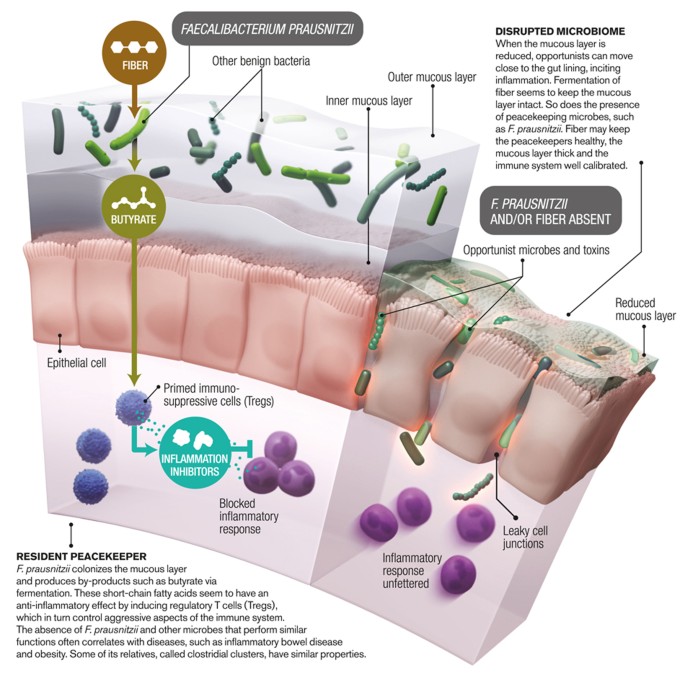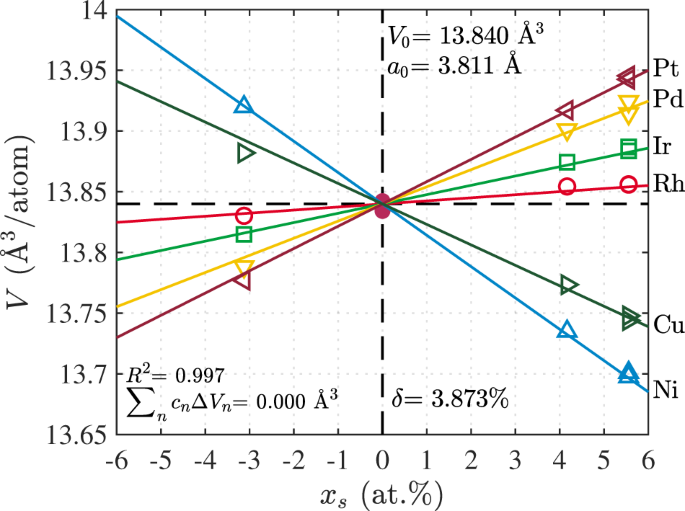- Select a language for the TTS:
- UK English Female
- UK English Male
- US English Female
- US English Male
- Australian Female
- Australian Male
- Language selected: (auto detect) - EN
Play all audios:
Access through your institution Buy or subscribe We read with great interest the excellent article by Kahn et al. [1]. The article addresses a problem that is almost constantly overlooked
and whose patho-physiological aspects are often completely ignored. We agree with the Authors that the central venous pressure is the cornerstone for understanding the dynamics of the
lymphatic flow and above all the possibility of (pulmonary) lymph drainage. We just would like to make one observation related to this very important study. Pulmonary lymphatic drainage
follows different ways [2]. The parietal pleura is responsible for the drainage of the pleural fluid both physiologically and in the case, for example, of chylothorax. The draining capacity
of the parietal pleura can be increased several-fold compared to baseline. An imbalance obviously generates pleural effusion. The drainage of the lung parenchyma is different; the visceral
pleura is almost completely impermeable; drainage of pulmonary interstitial fluid occurs through the lung parenchymal interstitial lymphatic network. Therefore, applying a high PEEP (and
certainly median PEEP 17.5 mmHg is significant) can have a positive effect if it acts as a sort of squeezing on the “flooded” parenchyma, whose resistance partially compensates for the
applied PEEP, but if applied to a well compliant lung it may actually result in the collapse of part of the parenchyma but possibly of the function of the parietal pleura also. We fully
agree that it is central venous pressure that regulates lymphatic flow, as the Authors have admirably demonstrated, but we believe the important point is not so much the PEEP itself, but
rather the balance between applied PEEP and the patient’s pulmonary condition. This is a preview of subscription content, access via your institution ACCESS OPTIONS Access through your
institution Subscribe to this journal Receive 12 print issues and online access $259.00 per year only $21.58 per issue Learn more Buy this article * Purchase on SpringerLink * Instant access
to full article PDF Buy now Prices may be subject to local taxes which are calculated during checkout ADDITIONAL ACCESS OPTIONS: * Log in * Learn about institutional subscriptions * Read
our FAQs * Contact customer support REFERENCES * Khan S, Smith CL, Pinto EM, Taha DK, Gibbs KA, Rosenblatt SA, et al. Effect of positive pressure ventilation on lymphatic flow in pediatric
patients. J Perinatol. 2022. https://doi.org/10.1038/s41372-022-01563-7. * Bellini C, Ergaz Z, Boccardo F, Bellini T, Campisi C, Bonioli E, et al. Dynamics of pleural fluid effusion and
chylothorax in the fetus and newborn: role of the lymphatic system. Lymphology. 2013;46:75–84. CAS PubMed Google Scholar * Johnson SA, Vander Straten MC, Parellada JA, Schnakenberg W,
Gest AL. Thoracic duct function in fetal, newborn, and adult sheep. Lymphology. 1996;29:50–56. CAS PubMed Google Scholar * Bellini C, Boccardo F, Bonioli E, Campisi C. Lymphodynamics in
the fetus and newborn. Lymphology. 2006;39:110–7. CAS PubMed Google Scholar Download references AUTHOR INFORMATION AUTHORS AND AFFILIATIONS * Neonatal Intensive Care Unit, Department
Mother&Child, IRCCS Giannina Gaslini, Genoa, Italy Carlo Bellini * Department of Surgery, Unit of Lymphatic Surgery and Microsurgery, San Martino Hospital, University of Genoa, Genoa,
Italy Francesco Boccardo * Emergency Department, IRCCS Giannina Gaslini Institute, Genoa, Italy Tommaso Bellini Authors * Carlo Bellini View author publications You can also search for this
author inPubMed Google Scholar * Francesco Boccardo View author publications You can also search for this author inPubMed Google Scholar * Tommaso Bellini View author publications You can
also search for this author inPubMed Google Scholar CONTRIBUTIONS All authors have reviewed the manuscript, contributed to each version of the draft, and approved the final version of the
manuscript. CORRESPONDING AUTHOR Correspondence to Carlo Bellini. ETHICS DECLARATIONS COMPETING INTERESTS The authors declare no competing interests. ADDITIONAL INFORMATION PUBLISHER’S NOTE
Springer Nature remains neutral with regard to jurisdictional claims in published maps and institutional affiliations. RIGHTS AND PERMISSIONS Reprints and permissions ABOUT THIS ARTICLE CITE
THIS ARTICLE Bellini, C., Boccardo, F. & Bellini, T. Effect of positive pressure ventilation on lymphatic flow in pediatric patients. _J Perinatol_ 43, 1082 (2023).
https://doi.org/10.1038/s41372-023-01651-2 Download citation * Received: 23 December 2022 * Revised: 02 March 2023 * Accepted: 15 March 2023 * Published: 01 April 2023 * Issue Date: August
2023 * DOI: https://doi.org/10.1038/s41372-023-01651-2 SHARE THIS ARTICLE Anyone you share the following link with will be able to read this content: Get shareable link Sorry, a shareable
link is not currently available for this article. Copy to clipboard Provided by the Springer Nature SharedIt content-sharing initiative





